Health Data Research UK (HDR UK): against COVID-19 Hub
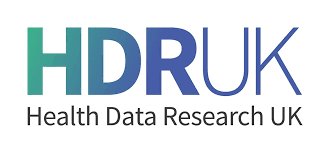
The strategy of HDR UK in responding to the COVID-19 pandemic is to mobilise talent and partnerships across the UK to co-ordinate and connect national data science driven research efforts related to COVID-19; accelerate access to UK-wide priority data relevant to COVID-19 for research; leverage the best of the UK’s health data science capability to address the wider impact of the COVID-19 pandemic, supporting vulnerable groups that will be hardest hit. To ensure that the most promising research questions are supported, and to limit distraction of the NHS, they are using a process to prioritise research efforts and report these to the Scientific Advisory Group for Emergencies (SAGE). Such is the scale and immediacy of the COVID-19 challenge that they have developed a rapid, collaborative and agile strategic response to deploy UK's national capability through three priorities:
1. Leverage the best of the UK’s health data science capability to address the wider impact of the COVID-19 pandemic supporting vulnerable groups who will be hardest hit
2. Accelerate safe access to UK-wide priority data relevant to COVID-19 for research
3. Co-ordinate and connect national data science-driven research efforts related to COVID-19
HDR UK has identified opportunities to scale up its existing work to deliver UK wide impact and to
accelerate insights. These include: augmenting the clinical trials work on existing and retroviral treatments; real-time predictive analytics; monitoring whether measures they are introducing are working within the UK and internationally –
and knowing when to lift restrictions; UK wide surveillance building on projects in Scotland, North West London and Wales.
BREATHE, the HDR Hub for respiratory health is focusing all resources and efforts on COVID-19. BREATHE
will help navigate respiratory health data sets from across the UK, creating a digital resource where
trained, approved experts can access data safely and responsibly, on an unprecedented scale. Hubs for clinical trials, Real World Evidence and other disease areas: NHS DigiTrials, PIONEER, DATA-CAN, Gut Reaction, Discover-NOW, INSIGHT and the BHF Data Science Centre; are also focusing resources and expertise on COVID-19.
1. Project: Facilitating research into the identification of predictors of COVID-19 susceptibility, severity and prognosis.
Research Group: Cardiovascular Epidemiology Unit
Project Description: The organisations are using machine learning to generate polygenic scores of molecular and cellular traits which can be used to identify candidate biomarkers for COVID-19 susceptibility and severity. They plan to make these polygenic scores widely available so that genotyped cohorts can also rapidly integrate their data to improve replicability and statistical power.
Collaborators: University of Cambridge
2. Project: Risk calculator developed to show how underlying health conditions can affect mortality rates in COVID-19 pandemic Case Study
Summary: Researchers at University College London, University College London NHS Trust, the University of Cambridge and Health Data Research UK have collaborated to find out how underlying health conditions could affect mortality rates during the COVID-19 pandemic. Their health data study has revealed that having an underlying health condition, such as heart disease or diabetes, increases a person’s risk of death fivefold over the next year. The team have developed a prototype online ‘risk calculator’ to show how age, sex and underlying health conditions can affect mortality rates.
3. Project: Collecting COVID-19 data and samples in a way that enables global research (ISARIC-CCP project)
Summary: Health Data Research UK involvement in the International Severe Acute Respiratory and emerging Infection Consortium (ISARIC) Clinical Characterisation Protocol (CCP), to support the UK to collect COVID-19 data and samples in a way that enables the international research required to tackle this global pandemic.
The ‘Clinical Characterisation Protocol’ is actually the product of many years of discussion among international investigators from a wide range of scientific and medical disciplines. Work to develop this protocol started in response to Middle Eastern Respiratory Syndrome coronavirus (MERS-CoV) in 2012-2013, Influenza H7N9 in 2013, viral haemorrhagic fever (Ebolavirus) in 2014, Monkeypox & MERS-CoV in 2018 and Tick-borne encephalitis virus (TBEV) in 2019. it is now being used for COVID-19 .
The International Severe Acute Respiratory and emerging Infection Consortium was founded in 2011 to prevent illness and deaths from infectious disease outbreaks. It is a global federation of clinical research networks, providing a proficient, coordinated and agile research response to outbreak-prone infectious disease. Teams at the University of Oxford (part of HDR UK Oxford) and the University of Liverpool are coordinating the UK effort to comply with the ‘Clinical Characterisation Protocol’. Key coordination activities include: capturing Case Report Form Data for the UK in a national database held at the University of Oxford; and providing guidance relating to using the Clinical Characterisation Protocol correctly, coordinated by a team at the University of Liverpool. Health data from COVID-19 patients, as well as biosamples for a range of related molecular ‘omics’ assays, are now being collected in a way that complies with the Clinical Characterisation Protocol framework.
4. Project: Data-driven clinical trial to find a treatment for COVID-19 (RECOVERY trial)
Summary: Conducting data-driven clinical trials that are better, faster and more efficient than ever before, is one of Health Data Research UK’s national priorities. Electronic health records hold the key to enabling every individual across the UK to have access to the latest treatments and technologies through access to clinical trials. It used to be a great challenge and take a long time to find a sufficient number of the right patients to enrol into a trial and would rely on tapping into local networks that not all doctors/researchers have access to. These days a large portion of NHS records are electronic, so in theory we should be able to search the database for patients that could benefit from a particular trial and source participants from the whole population (not just one NHS Trust for example). These are just some of the challenges of conducting great clinical trials which data science can address.
This approach has been put to the test since the emergence of COVID-19. A national clinical trial, which aims to include all COVID-19 patients across the UK, has been set up in record time, to test three drugs against COVID-19. Such trials normally take months to set up, but this one has been set up in a matter of weeks, without cutting corners – purely as a result of all those involved expediting processes and working together.
This study is being led by Health Data Research’s lead for the Clinical Trial national priority, Martin Landray (part of HDR UK Oxford).
5. Project: Examining the DNA of the COVID-19 virus to find ways to tackle it (COG-UK project)
6. Project: Analysis of text written by doctors in medical notes of patients with COVID-19
Summary: The notes that doctors type up into the electronic health record of a patient who has tested positive for COVID-19 are critically important. They may include language that describes symptoms and complications in great detail. Within these notes may lie nuances that could be vital to understanding the development of the disease, the way it was transmitted in the first place, and the most effective treatment with least side effects.
Richard Dobson, Angus Roberts and team are developing ways in which we can search the medical notes of all known COVID-19 patients rapidly, to glean information and insights that may help to understand more about this disease. They use a technique called Natural Language Processing. Developing these methods are part of a pre-existing national HDR UK project, called the National Text Analytics Resource. However, the team have switched their disease focus and are now applying the techniques they are developing to COVID-19.
7. Project: Understanding how blood samples can reveal causes and indicators of susceptibility to COVID-19 (National Cohorts Consortium)
Summary: The HDR UK national cohorts consortium is one of Health Data Research UK’s flagship national projects. It brings together the UK’s major population cohorts – collections of health data from >750,000 people and patients across the UK. The health data collected includes measurements of proteins, metabolites, and lipids (e.g. cholesterol) in people’s blood samples, which may be causes and/or indicators of disease risk. The team are combining this information, with the DNA sequence and electronic health records of those people, in a powerful approach that has the potential to provide major medical discoveries, opening opportunities for better disease prevention and management. They are doing the groundwork to make these datasets of biological measurements easily analysable by the scientific community, and work out how to bring data from different studies together, despite having been collected in different ways.
The project was previously taking this approach to generate insights into various diseases including coronary disease, stroke, diabetes, renal disease etc. It is now diverting efforts to answer questions about COVID-19, such as: ‘Can we predict which people will be least and most susceptible to getting COVID-19? What are the determinants (genetic, other omic, prior medical history, other) of acquiring COVID 19 infection in the first place and, once infected, of recovery? Their work includes a focus on COVID-19 patients with pre-existing heart disease, who are particularly vulnerable to the worst effects of COVID-19. To do this they are working towards linking cardiovascular data with COVID-19 testing records. They aim to ensure that we fully understand variations in response to COVID-19 infection at the molecular, environmental, social and economic levels, by effectively coordinating the UK’s longitudinal population studies to gain a much richer understanding of disease progression and outcomes.
Adam Butterworth (University of Cambridge; part of HDR UK Cambridge) leads the HDR UK National Cohorts Consortium, which falls under the HDR UK’s national priority in Understanding Causes of Disease, led by John Danesh (also of University of Cambridge; part of HDR UK Cambridge). The focus on patients with heart disease is facilitated by a strong link to the HDR UK and BHF Data Science Centre, led by Cathie Sudlow, University of Edinburgh (part of HDR UK Scotland).
8. Project: COVID-19 Phenomics
Summary: A comprehensive, open-access resource providing the research community with information, tools and phenotyping algorithms for defining COVID-19 related phenotypes in UK electronic health records data.
Partner: Universal College London
9. Programme Title: Call for COVID-19 rapid response data science taskforce (DECOVID)
Summary: Most of what we currently know of COVID-19 comes from data about its outbreak in China and Italy, but there may be differences in presentation and course within the multi-ethnic communities of the UK which have not been described thus far. Within the UK, high level mapping is being captured by Public Health England, but there is a lack of in-depth and granular data capture. This in-depth data is needed to inform prognostic prediction tools, enable effective clinical care or model the ongoing and likely future impact of COVID-19.
DECOVID is an emerging research collaboration between The Alan Turing Institute, NHS Trusts, HDR UK and other academic partners. This collaboration aims to use near real-time health data as the Covid-19 pandemic unfolds to allow researchers and clinicians to identify factors and generate insights that can lead to more effective clinical treatment strategies. DECOVID will be affiliated to PIONEER - the Health Data Research Hub for Acute Care. This is a rapid response call for teams of researchers as well as individual researchers to join collaboration in addressing these urgent questions. Teams will rapidly trial tested, robust and reproducible data science and machine learning methods on this new national data resource of COVID 19 data, to create a near real-time, human-in-the-loop analytics platform and information console to support acute care management and clinical decision making. DECOVID has been structured to be nationally scalable.
10. Project: COVID-19 Symptom Study App.
Summary: The COVID-19 Symptom Study app has been developed by health science company ZOE and it is endorsed by the Welsh Government, NHS Wales, the Scottish Government and NHS Scotland. 3,723,122 participants have downloaded the app and are using it to regularly report on their health, making it the largest public science project of its kind anywhere in the world. App data is being analysed by ZOE research teams in collaboration with King's College London researchers. Other supporters include Cancer Research UK, Royal College of Surgeons of England, Royal College of General Practitioners, Age UK, Royal College of Physicians, Kidney Care UK, Action on Smoking and Health (ASH), Alzheimer's Research UK, Active Ageing, JDRF, Versus Arthritis, Diabetes UK, CART and Longevity UK.
The data from the COVID-19 Symptom Tracker app developed by ZOE is being sent to the NHS to support the response to the pandemic. Deidentified data (app data with any identifiable information removed) from the COVID-19 Symptom Study app is also arriving into Swansea University's SAIL Databank on a daily basis. Requests to access the data for research purposes can be made via the Health Data Research Innovation Gateway. To ensure that the data has maximum impact in a short timeframe, they are accelerating requests from the NHS or those with anticipated direct impact to the COVID-19 response. At the same time, this de-identified data from the COVID-19 Symptom Tracker app is being used by BREATHE – the Health Data Research Hub for Respiratory Health to inform national responses to the pandemic across the UK. This project is a collaboration between Swansea University and SAIL Databank, King’s College London, health technology company ZOE, BREATHE – the Health Data Research Hub for Respiratory Health, and is supported by Health Data Research UK.
Developed by researchers at King’s College London and ZOE, the COVID-19 monitoring app has already been downloaded by nearly 2 million ‘stay-at-home scientists’ across the UK who are using it to track their daily health and any potential coronavirus symptoms. The app is also widely being used by healthcare and hospital workers. The app acts like an early-warning radar system, providing vital information about the symptoms and spread of COVID-19. In turn, this supports the effective deployment of limited NHS resources such as healthcare personnel, testing kits or ventilators to where they are most likely to be needed.
Regular downloads of anonymised data from the app will be securely delivered through BREATHE – the Health Data Research Hub for Respiratory Health into SAIL Databank, making it accessible to NHS decision-makers and academic researchers. This also means that the app data can be linked together with other COVID-19 datasets generated by the NHS digital transformation unit, NHSX, and others.
The research teams at King’s College London are continually analysing the data to generate new insights about the disease and its progression. For example, they have discovered that loss of smell or taste are more likely to be an early symptom of COVID-19 than fever. Frequent science updates and maps showing the top-level geographical distribution of symptoms around the UK are available at covid.joinzoe.com.
At BREATHE, they have enable the ethical and safe use of the app data by other researchers and decision-making bodies to tackle the pandemic in the UK. They are doing this by: providing a place where data can be securely stored and accessed; managing the process by which people can access the data, with a fast-track process for requests from the NHS and those which may have a direct impact to the COVID-19 response; examining the data for trends and patterns, and passing this information directly to governments and emergency COVID-19 committees across the UK, keeping them up to speed on the latest information to support the management of the virus across the UK.
Category: Project
Name of project/reference: COVID-19 symptom tracker app
Key project contact: Zoe
Key BREATHE contact: Chris Orton
Brief description: Hosting of data for the COVID-19 Symptom tracker Developed by KCL/Zoe with >2m users and >500K regular users (SAIL databank) and convening a skilled analysis team (Aziz).
Likely resource implication: SAIL Databank, BREATHE
Notes / current state:Live
Data depositing? Yes
Data accessing? Yes
Analysis? Yes
Comments: Tracker app sub-projects underway across various institutions (universities, councils, hospitals, Government agencies etc.)
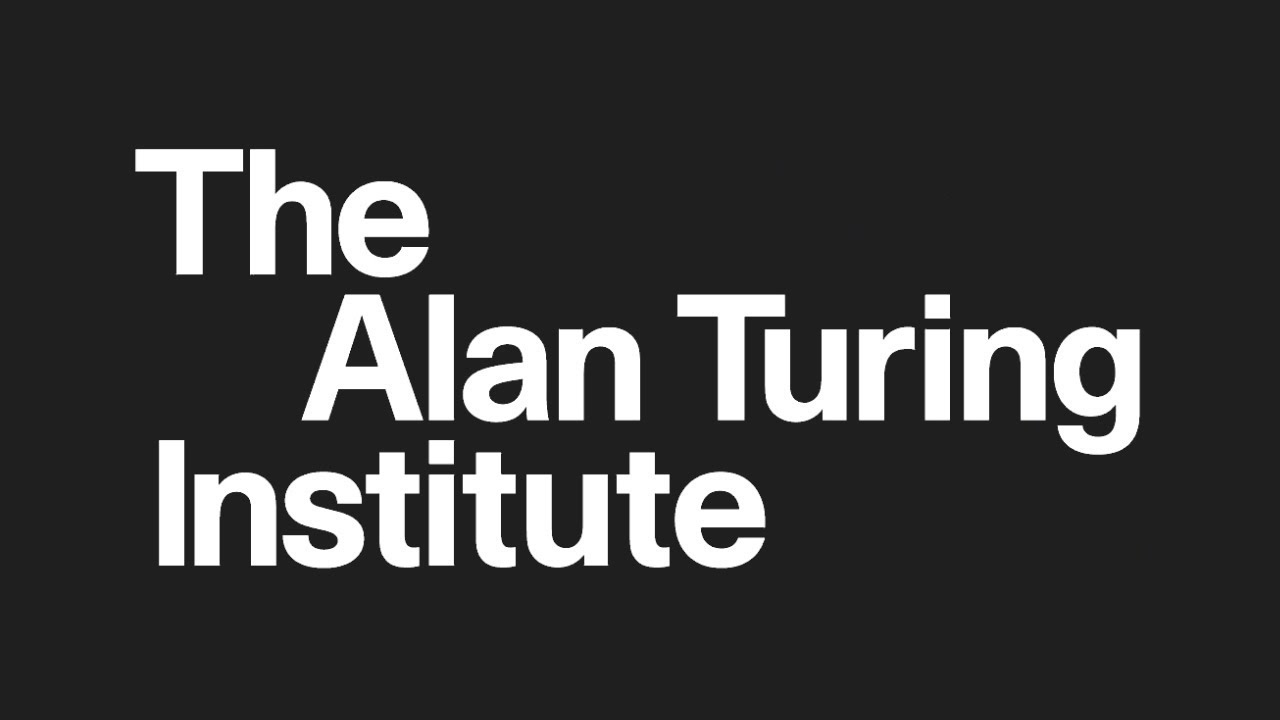
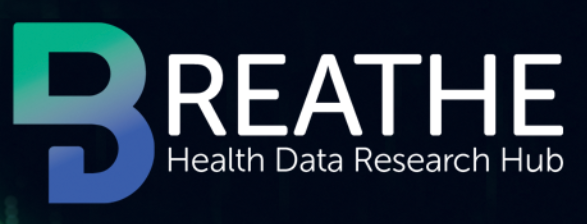
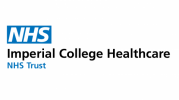

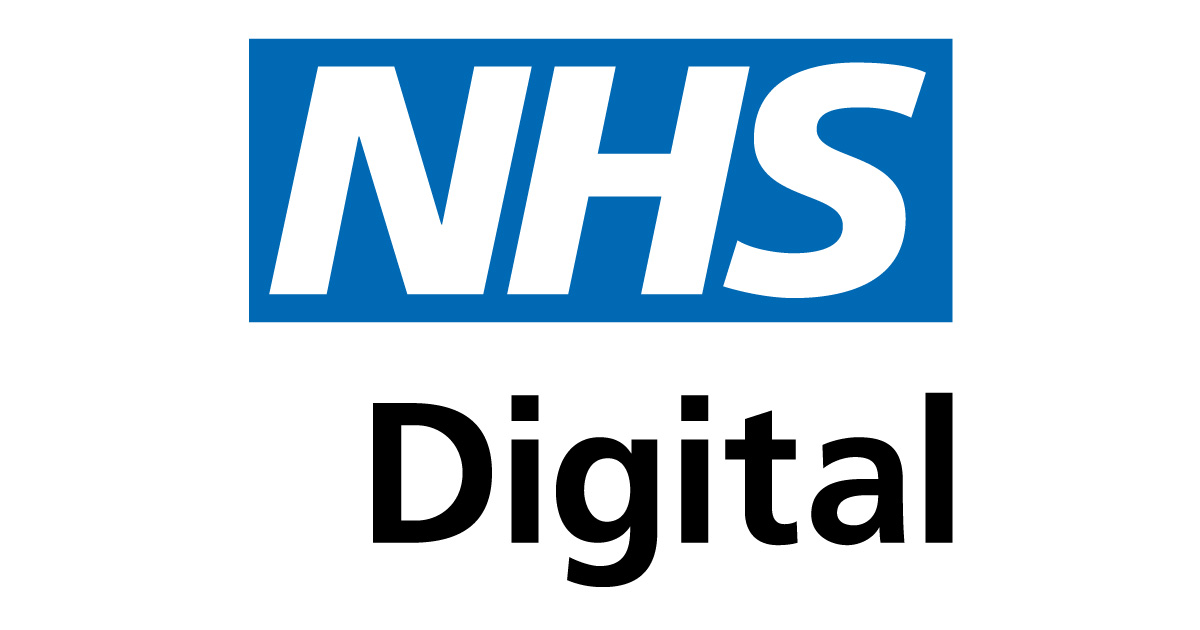
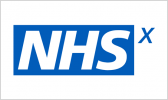
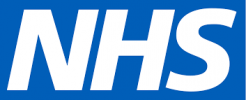
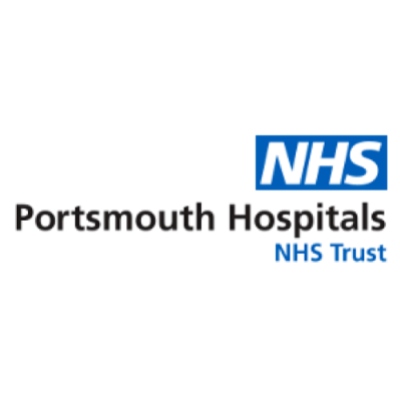


.png)

.jpg)



